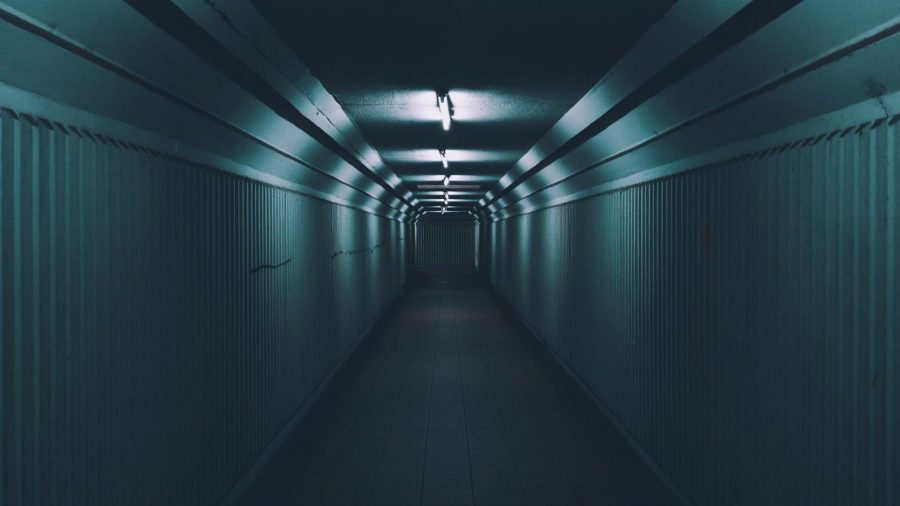Late-night student needs should precede cost concerns
Photo Courtesy of Cedric Lim via Pexels
CSUSM’s current lights out policy must be changed to accomodate students.
Lights-out on campus is way too conversative.
That’s right, I said it: CSUSM needs to tone down their power-saving platform.
I completed my undergraduate degree at my alma mater San Diego State University (SDSU), where the lights did not automatically get switched off at night. Their system allowed for all-night laboratory work for researchers and graduate students who work and study there.
Keep in mind here that I’m not suggesting shunning saving power. Indeed, I know all too well just how much keeping on all the lights all the time can cost, both in terms of monetary value and pollution production.
What I am suggesting here is allowing for choice; The choice to turn on or off the lights at your leisure during the wee hours. I personally never did one of those all-night work sessions during my time at SDSU but that’s because of my situation during that time. Now, with the leisure to do all-nighters as a graduate student here at CSUSM, I would love to have that choice to have the lights on. Instead, I am limited by the lights-out policy that takes effect (at least in Science Hall 1, where my laboratory is) between the hours of 11 p.m. to midnight.
A friend of mine who was a member of my entering cohort for my graduate program once remarked that he was working at Science Hall 1 late during those hours last year when the lights suddenly cut out in his laboratory during his experiment. Thankfully, nothing urgent was ruined by the need to delay the experimental measurements he was making but, similar to my grievances, the added inconvenience definitely affected downstream timing and overall productivity.
I’m sure our Department of Biological Sciences (DBS) can’t be the only one feeling the let-down.
Heck, even certain floors of Kellogg Library are open 24 hours a day for five days a week as part of the school’s effort to increase study spaces and resources for students who prefer to burn the midnight oil on-campus for their classes. If such an effort is possible energy-wise for the library, I think it would not be too much of a stretch to allow for the choice to turn off lights instead of total lights-out for certain buildings on campus, including the two Science Halls.
As part of this work to hold the night while remaining environmentally-conscious, I also propose adding 24/5 access to the commuter lounge restrooms in the USU. I have had many a time of not being able to make it on time to catch my planned sprinter timeslot around 8 p.m. to 8:30p.m. because the only accessible restroom is in Science Hall 1 (which I have a keycard for after-hours access to). Given the fact that the last bus at Craven Circle on weekdays is 7:30 p.m., having an additional restroom (lighted, of course) at the commuter lounge would help alleviate needing to still make the long trek on-foot from Science Hall 1 to the sprinter station instead of having the convenience of the commuter lounge restrooms on the sprinter-station-proximal USU side of campus.
Perhaps the other better option yet would be the North County Transit District (NCTD), which owns and operates the public transportation system of north San Diego county, adding later time slots to accommodate Breeze bus service for late-working students on campus like myself (and I’m sure many others who must drive instead of being able to ride the bus if they work during the day and must, by necessity, take night classes).
Holding the night is key to increasing how much work can be done when the daylight hours just aren’t enough and I think these suggestions may help more people (including myself) than they hurt the environment or certain pocketbooks. light


